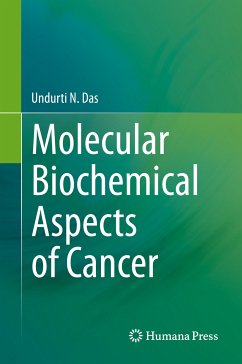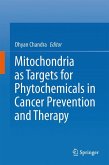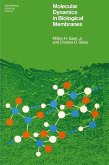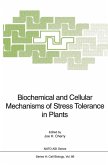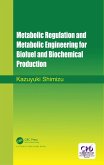This book discusses the role of genes, oncogenes, anti-oncogenes, free radicals, PUFAs, anti-oxidants, lipid peroxidation process, telomere, and angiogenesis on the origin of cancer, cell proliferation, and cancer in general. It includes a broad introduction to cancer cells; genes, oncogenes, and anti-oncogenes; and free radicals. In later chapters, it discusses in depth the relationship among free radicals, lipid peroxidation and anti-oxidants in cell proliferation. It also discusses aerobic and anaerobic metabolism and their relationship to cancer, as well as the Warburg effect and its potential in the development of new targets for cancer management. Based on these and other evidences, Molecular Biochemical Aspects of Cancer introduces a novel concept that suggests that selective enhancement of free radical generation in tumor cells could form a strategy to induce apoptosis of cancer cells employing bioactive lipids. It presents a new method of treatment ofcancer using in vitro, in vivo and clinical data. This book will interest oncologists, scientists, molecular biologists, life scientists.
Dieser Download kann aus rechtlichen Gründen nur mit Rechnungsadresse in A, B, BG, CY, CZ, D, DK, EW, E, FIN, F, GR, HR, H, IRL, I, LT, L, LR, M, NL, PL, P, R, S, SLO, SK ausgeliefert werden.

